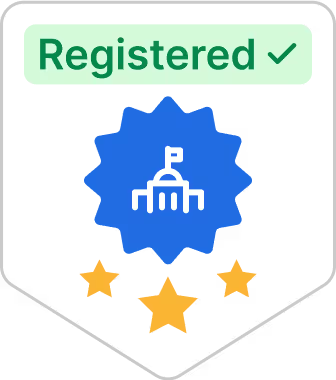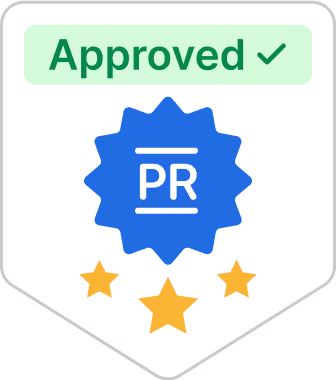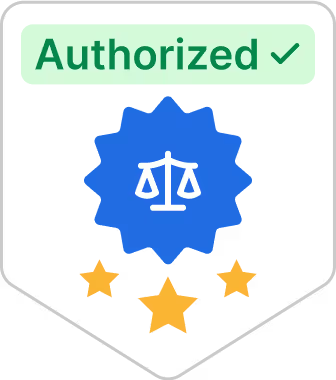What Is an Earned Income Tax Credit?

The earned income tax credit (EITC) is a tax credit for working individuals and families with low-to-moderate income. It is designed to help reduce the tax burden for those who earn a lower income and may struggle to make ends meet. The EITC can be refunded, which means that if the credit is more than the taxes owed, the taxpayer will get money back for the extra amount.
Eligibility Criteria
To be eligible for the EITC, you must meet specific criteria. First, you must have earned income from employment, self-employment, or certain disability benefits. Investment earnings must be at most $11,000 in the 2023 tax year. Furthermore, a valid Social Security number and U.S. citizenship or residency status for the entire tax year are required. Income limits are also based on your filing status and number of qualifying children. For the tax year 2023, the maximum income limits are:
- $17,640 for individuals with no qualifying children
- $46,560for individuals with one qualifying child
- $52,918 for individuals with two qualifying children
- $56,838 for individuals with three or more qualifying children
Calculating the Credit
The Earned Income Tax Credit (EITC) is calculated depending on how much you earn, your filing status, and how many children you have that qualify. The credit is calculated using a complex formula, but the IRS provides a calculator on its website to help determine the amount of credit you may be eligible for. The maximum credit for the tax year 2023 is:
- $600 for individuals with no qualifying children
- $3,995 for individuals with one qualifying child
- $6,604 for individuals with two qualifying children
- $7,430 for individuals with three or more qualifying children
Claiming the Credit
You must file a tax return to claim the EITC, even if you are not required to do so. You can claim the credit by filling out the appropriate forms and schedules or using tax preparation software. If you are eligible for the credit, it will be applied to your tax liability, and any remaining amount will be refunded to you.
Benefits of the EITC
The EITC has been shown to be an effective tool in reducing poverty and promoting work. It also has positive effects on health, education, and child development. By providing a tax credit to low-income individuals and families, the EITC helps to offset the burden of payroll taxes and encourages individuals to enter or remain in the workforce.
Additional Resources
If you have questions about the EITC or need help determining your eligibility, resources are available to assist you. The IRS website has a section dedicated to the EITC, including a list of frequently asked questions and a link to the EITC Assistant tool. You can also seek assistance from a tax professional or a Volunteer Income Tax Assistance (VITA) program, which offers free tax help to individuals who make $64,000 or less, persons with disabilities, and limited English-speaking taxpayers.
Earned income tax credit is a valuable resource for individuals and families with low-to-moderate income. By understanding the eligibility criteria and how to claim the credit, you can receive a significant tax refund and improve your financial situation.
Sources:























